
Find Help
More Items From Ergsy search
-

Are cold sores contagious?
Relevance: 100%
-

How are cold sores transmitted?
Relevance: 95%
-

What causes cold sores?
Relevance: 90%
-
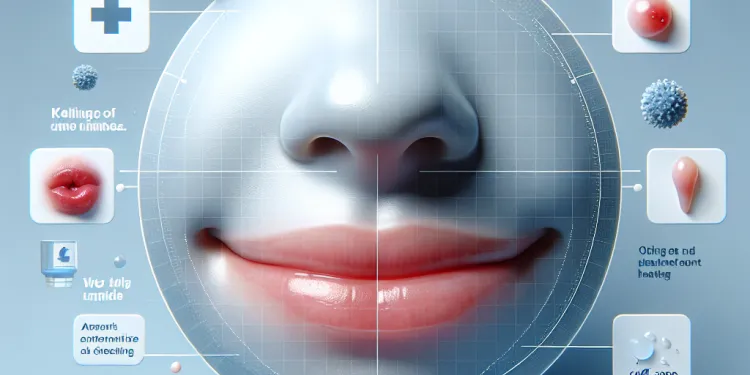
What are Cold Sores?
Relevance: 89%
-

Is there a cure for cold sores?
Relevance: 89%
-

What are the symptoms of a cold sore?
Relevance: 85%
-
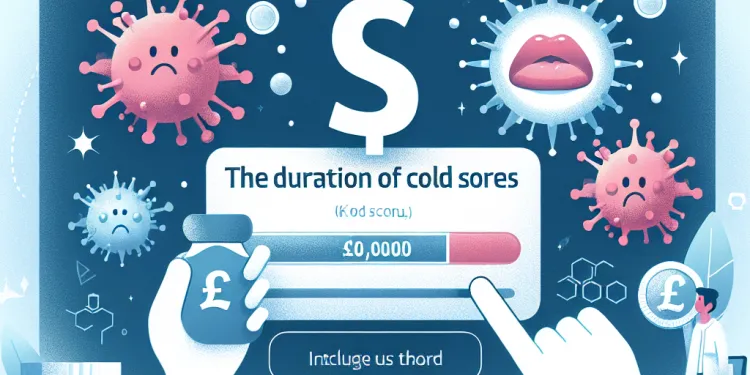
How long do cold sores last?
Relevance: 82%
-

What triggers a cold sore outbreak?
Relevance: 81%
-
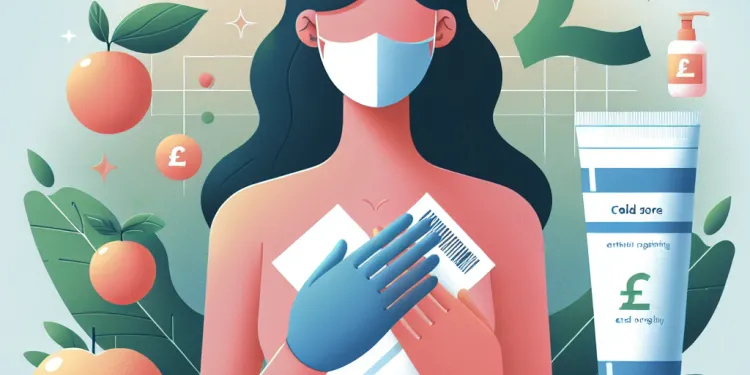
How can I prevent cold sores?
Relevance: 80%
-

Honey 'as good as antiviral creams' for cold sores | NHS Behind the Headlines
Relevance: 70%
-
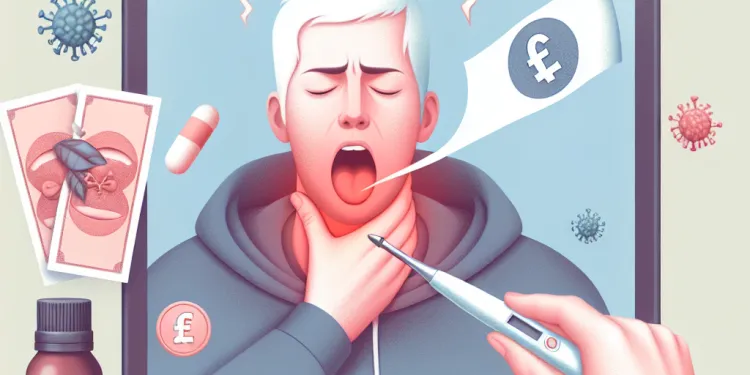
What is the best way to treat a sore throat from a cold?
Relevance: 69%
-
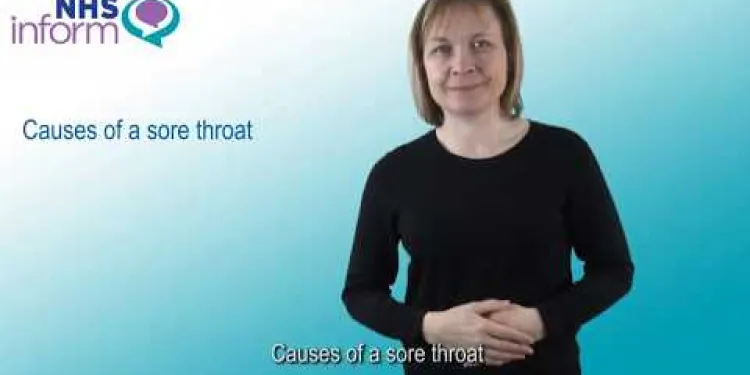
Causes of a sore throat
Relevance: 58%
-
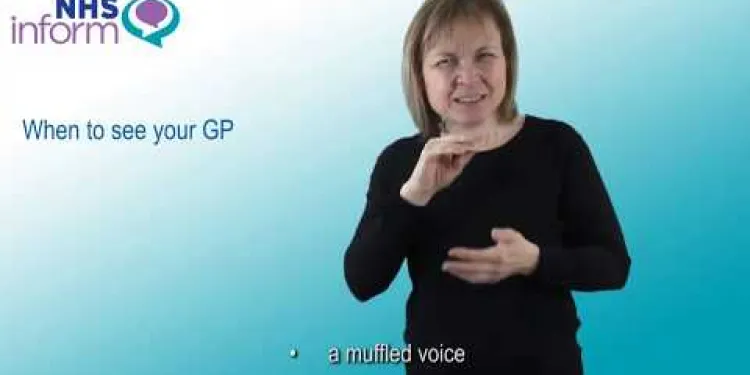
Treating a sore throat
Relevance: 58%
-

Can cold weather cause a cold?
Relevance: 54%
-

What are the common symptoms of a cold?
Relevance: 53%
-

How to treat a cold | NHS
Relevance: 52%
-
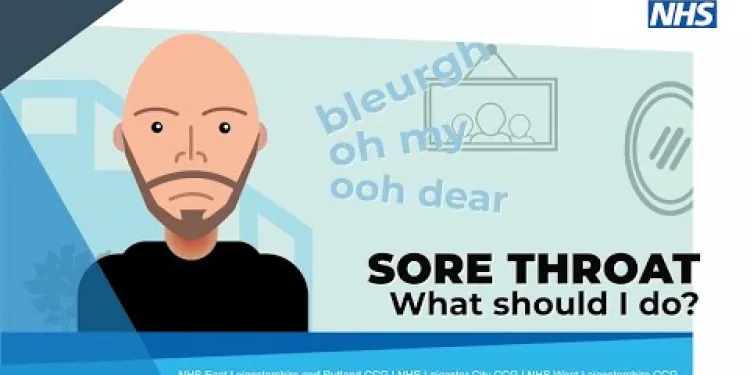
Sore throat: what should I do?
Relevance: 51%
-

How to Treat a Common Cold
Relevance: 51%
-

Is there a way to cure a cold quickly?
Relevance: 48%
-

Is it safe to exercise with a cold?
Relevance: 48%
-
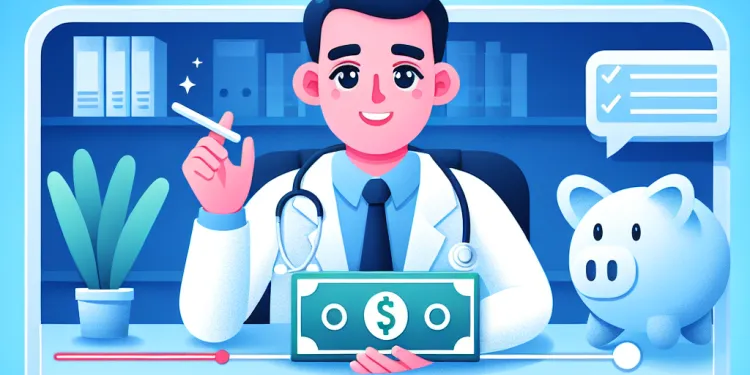
Should I see a doctor for a cold?
Relevance: 47%
-

How can I treat a cold at home?
Relevance: 47%
-
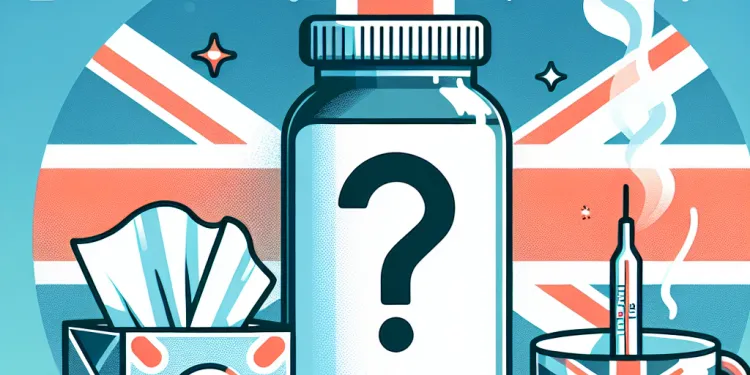
Can I take antibiotics for a cold?
Relevance: 47%
-

Are new variants more transmissible?
Relevance: 45%
-

How long does a common cold typically last?
Relevance: 45%
-
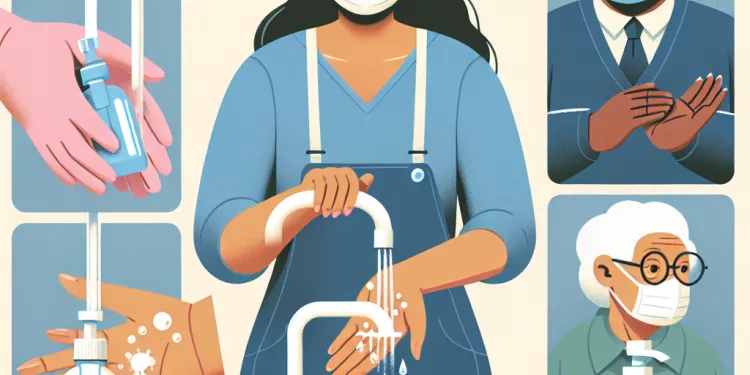
How can I prevent spreading my cold to others?
Relevance: 44%
-

Can I use a humidifier to help with my cold symptoms?
Relevance: 43%
-
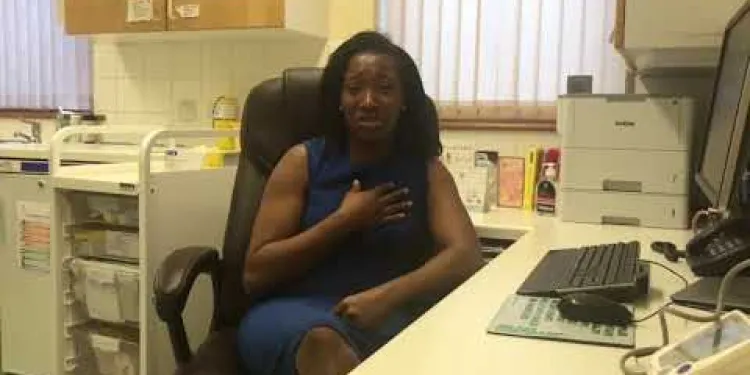
What should you do if you have a cough or cold?
Relevance: 40%
-
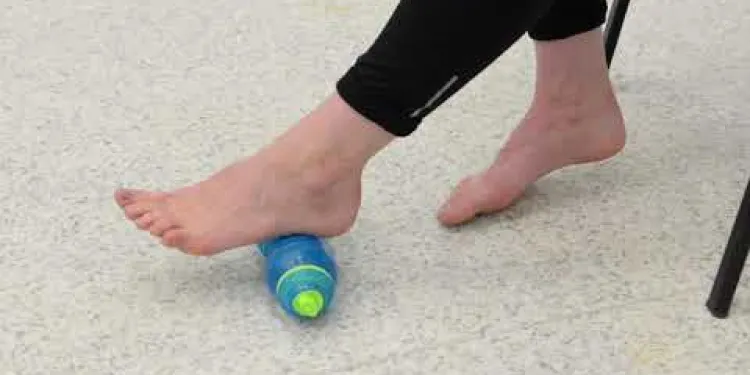
Plantar Fascia Cold Therapy
Relevance: 40%
-
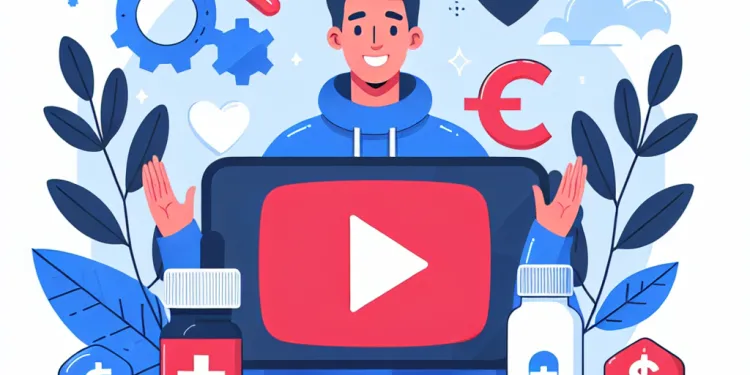
Is Vitamin C effective against colds?
Relevance: 38%
-

Is it safe to take cold showers during a heatwave?
Relevance: 37%
-
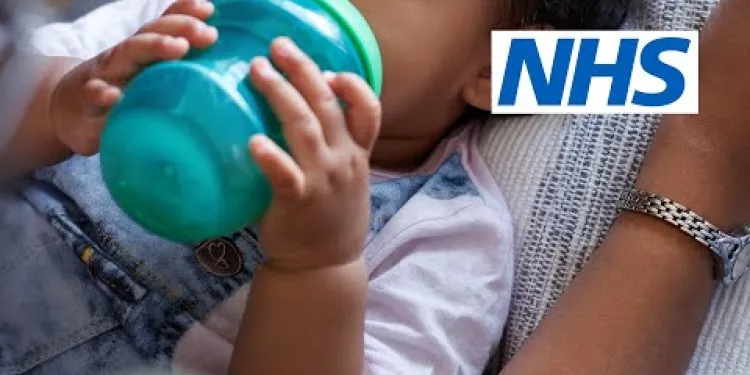
How do I treat my child's cold? (9 - 30 months) | NHS
Relevance: 37%
-

What role do fruit bats play in Nipah Virus transmission?
Relevance: 36%
-

Is it okay to use ice packs or cold showers to cool down?
Relevance: 36%
-

Can orange juice help prevent colds?
Relevance: 36%
-

How is blood screened to prevent disease transmission?
Relevance: 36%
-

Can children take the same cold medications as adults?
Relevance: 35%
-
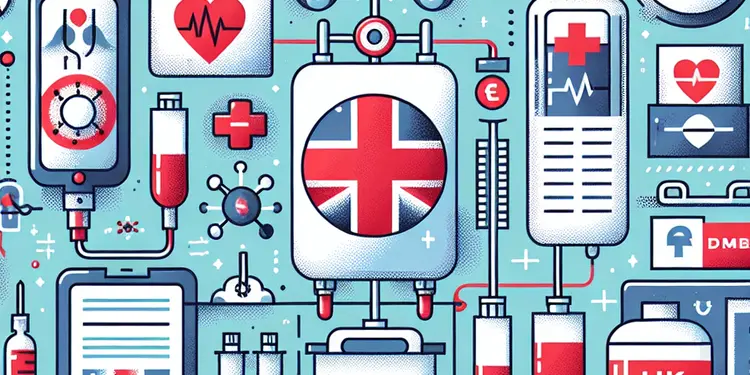
What measures are taken to prevent disease transmission in blood transfusions?
Relevance: 34%
-

Can I receive the Warm Home Discount and Cold Weather Payment?
Relevance: 34%
-
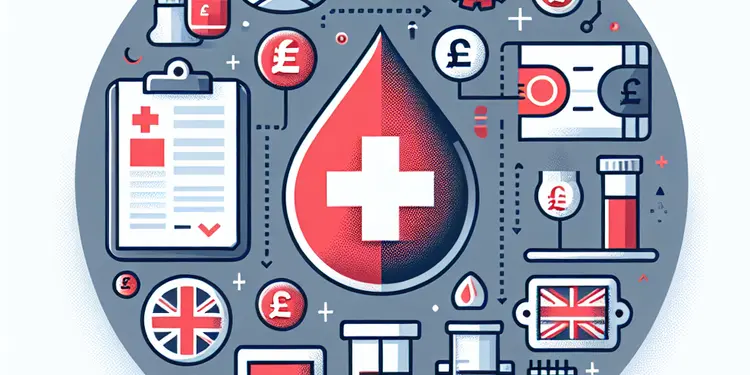
Why is blood donation history important in preventing disease transmission?
Relevance: 30%
How Are Cold Sores Transmitted?
Cold sores, also known as fever blisters, are small blisters that develop on the lips or around the mouth. These are caused by the herpes simplex virus (HSV), primarily HSV-1, although HSV-2 can also be a cause. Understanding how these sores are transmitted is essential for preventing their spread and managing outbreaks effectively.
Direct Contact Transmission
The primary mode of transmission for cold sores is through direct contact with an infected individual. Cold sores are highly contagious from the moment the blister becomes visible until it completely heals. Even if sores are not present, HSV can still be transmitted if the virus is active in the body. When someone comes into direct contact with the sore, such as through kissing or oral contact, they can contract the virus.
Indirect Contact Transmission
While less common than direct contact, cold sores can also spread through indirect contact. This occurs when the virus is transferred from an infected person's sore to an object or surface, which is then touched by another individual. Items like shared eating utensils, razors, towels, or lip balm can become vehicles for transmission, transferring the virus from one person to another. It is vital to maintain good hygiene and avoid sharing personal items when someone is experiencing a cold sore outbreak.
Asymptomatic Shedding
Asymptomatic shedding refers to the virus's ability to spread even when symptoms are not visible. This means that the herpes simplex virus can be active and transmitted even when an individual has no visible cold sores. Asymptomatic shedding makes it challenging to prevent transmission, as an infected person may unknowingly pass the virus to others. This highlights the importance of safe practices in intimate and personal interactions to minimize the risk of HSV spreading.
Environmental Factors
Environmental factors can contribute to the activation and transmission of the herpes simplex virus. Factors such as sunlight exposure, stress, fatigue, or a weakened immune system can reactivate the virus in someone who is already infected, leading to the development of cold sores. When a person is experiencing an outbreak due to such triggers, they become more contagious and more likely to transmit the virus to others.
Prevention Tips
To reduce the risk of transmitting or contracting cold sores, individuals should follow several precautionary measures. Avoid direct contact with sores, and refrain from sharing utensils, lip products, or towels with someone who has an active outbreak. Practicing good hygiene by washing hands regularly and using hand sanitizer can also help prevent the spread of the virus. Additionally, using sunblock on lips, managing stress, and maintaining a healthy immune system can help prevent outbreaks in those already infected with HSV.
How Do Cold Sores Spread?
Cold sores, also called fever blisters, are small blisters on the lips or around the mouth. They are caused by a virus called herpes simplex virus (HSV). The most common type is HSV-1, but sometimes HSV-2 can cause them too. It’s important to know how cold sores spread so we can stop them from spreading and manage them better.
Direct Contact Spread
Cold sores spread mainly by touching someone who has them. They are very contagious from when the blister first appears until it is fully healed. Even if you can't see the sores, the virus can still spread if it is active in the body. You can catch the virus from kissing or oral contact with someone who has it.
Indirect Contact Spread
Cold sores can also spread by touching things an infected person has used. This happens when the virus gets from the sore onto an object, and someone else touches it. Things like shared spoons, razors, towels, or lip balm can carry the virus. To be safe, do not share personal items with someone who has a cold sore.
Invisible Virus Shedding
Sometimes people can spread the virus even if they don’t have visible sores. This is called asymptomatic shedding. It’s hard to avoid spreading the virus this way because the person might not know they are contagious. It’s important to be careful in close contact with others to avoid spreading the virus without knowing.
What Triggers Cold Sores?
Some things can make cold sores come back, like too much sunlight, stress, being very tired, or having a weak immune system. When these things happen, someone with the virus might get a cold sore again and can spread it more easily to others.
How to Stop Cold Sores from Spreading
Here are some tips to stop cold sores: Don't touch sores or kiss someone with one. Don't share spoons, lipsticks, or towels with anyone who has a cold sore. Wash your hands often and use hand sanitizer. Use lipstick with sunblock, try to stay happy and relaxed, and keep healthy to avoid getting new sores if you already have the virus.
Frequently Asked Questions
What causes cold sores?
Cold sores are caused by the herpes simplex virus (HSV), primarily HSV-1.
How are cold sores transmitted?
Cold sores are transmitted through direct contact with a contagious sore or sometimes through saliva.
Can cold sores be spread through kissing?
Yes, cold sores can be easily spread through kissing when sores are present or during an asymptomatic period.
Is it possible to get a cold sore from sharing drinks or utensils?
Yes, sharing drinks or utensils can transmit the virus, especially if a person has an active sore.
Can cold sores be passed through oral sex?
Yes, HSV-1 can be transmitted to the genital area through oral sex, causing genital herpes.
Are you contagious even if you don’t have visible cold sores?
Yes, the virus can be shed and transmitted even when sores are not visible, a phase known as asymptomatic shedding.
How long are cold sores contagious?
Cold sores are most contagious from the time the blister appears until it has completely healed and new skin has formed.
Can cold sores be transmitted through casual contact, like hugging?
Cold sores are not typically spread through casual contact like hugging; they require direct contact with the infectious area.
Is it possible to catch a cold sore from someone who doesn’t have a sore at the time?
Yes, it is possible due to asymptomatic viral shedding where the virus can be present on the skin without visible symptoms.
Can children catch cold sores from adults?
Yes, children can catch cold sores from adults through close contact such as kissing.
Does sharing a lip balm spread cold sores?
Yes, sharing lip balm can spread the virus if one person has a cold sore.
Are cold sores only transmitted during an outbreak?
No, transmission can also occur when the virus is active in the skin but not yet causing symptoms.
Is it possible to get a cold sore from someone who never had one?
A person who has never had a cold sore may still carry the virus without noticeable symptoms and can transmit it.
Can cold sores be spread through the air?
No, the HSV virus that causes cold sores is not spread through the air; it requires direct contact with an infected area.
Can using the same towel as someone with a cold sore transmit the virus?
Yes, using the same towel can transfer the virus, particularly if it has come into contact with the cold sore.
Can cold sores be transmitted through a sexual partner?
Yes, if engaging in oral sex when cold sores are present, the virus can be transmitted to the genital area.
Can using the same toothpaste spread the virus?
While less common, sharing a tube directly could theoretically spread the virus if contaminated, though it's not a common mode of transmission.
Can cold sores be transmitted during childbirth?
HSV-1 is less commonly transmitted during childbirth compared to HSV-2, but precautions should be taken if there are active lesions.
How can someone reduce the risk of transmitting cold sores?
Avoid direct contact with sores, don't share personal items, and consider antiviral medications during outbreaks.
What should I do if I think I was exposed to a cold sore?
Maintain good hygiene, avoid touching the face, and consult a healthcare provider for further advice.
What makes cold sores happen?
Cold sores happen because of a virus called herpes simplex virus, or HSV. Most of the time, it's HSV-1.
How do cold sores spread?
Cold sores can spread from one person to another.
They can spread by kissing or sharing things like cups or towels.
If you have a cold sore, try not to touch it. Washing your hands can help you stay clean.
Using picture cards or asking someone for help can make learning about cold sores easier.
Cold sores can spread when you touch a sore or sometimes from spit (saliva) from someone who has a cold sore.
Can you catch cold sores from kissing?
Yes, you can get cold sores from kissing. When someone has a cold sore, it is best to avoid kissing them until it heals. Cold sores are caused by a virus. The virus can easily spread.
If you or someone you know has cold sores, using a cream from the pharmacy can help. Also, washing hands often and not sharing drinks or towels can stop the spread.
Yes, you can spread cold sores by kissing. This can happen if you have a cold sore, or even if you don't see one.
Can you get a cold sore from sharing a drink or spoon?
Yes, sharing drinks or things like forks and spoons can spread the virus, especially if someone has a sore.
Can you get cold sores from oral sex?
Yes, you can get cold sores from oral sex. Cold sores are caused by a virus. This virus can spread through kissing or touching.
To stay safe, it is good to:
- Use a condom or dental dam during oral sex.
- Avoid kissing or oral sex if someone has a cold sore.
- Ask a doctor or nurse for advice.
Yes, you can get herpes on your private parts if someone with a cold sore gives you oral sex.
Can you pass on the virus if you don’t see any cold sores?
Even if you don't see cold sores, you can still pass the virus to other people. It's important to be careful.
Here are some tips:
- Wash your hands often.
- Don’t share cups, forks, or spoons.
- Avoid kissing when you feel you might get a cold sore.
Use tools like picture charts. They can help you understand better.
Yes, the virus can spread even when you can't see any sores. This is called asymptomatic shedding.
How long can cold sores spread to others?
Cold sores can spread to others most easily when the blister is there. They stop spreading when the blister is all better and new skin has grown.
Can you get cold sores from hugging?
Cold sores are little blisters you can get on your lips or mouth.
They spread through close contact, like kissing.
It is not likely to catch cold sores just from hugging.
To stay safe, do not share food, drinks, or lip balm with someone who has a cold sore.
Cold sores usually do not spread by hugging. You need to touch the sore area directly to catch them.
Can you get a cold sore from someone who doesn’t have a sore?
Yes, you can still have the virus on your skin even if you don’t see any signs. This is called viral shedding. It means the virus can be there without making you feel sick.
Can Kids Get Cold Sores from Grown-Ups?
Yes, kids can get cold sores from grown-ups. Cold sores are small sores caused by a virus. The virus can spread by kissing or sharing things like cups or towels. It's important to keep cold sores away from kids.
Here are some tips to help:
- Do not kiss kids if you have a cold sore.
- Do not let kids share your cups or towels.
- Wash your hands often to keep the virus away.
Yes, kids can get cold sores from adults. This can happen if a grown-up with cold sores kisses them.
Can you get cold sores from using someone else's lip balm?
Yes, sharing lip balm can spread a virus if someone has a cold sore.
Can you get cold sores only when someone has a sore?
No, you can spread the virus even if your skin just has the virus but no signs of it yet.
Can you catch a cold sore from someone who never had one?
Some people have a virus that gives cold sores even if they have never had one before. They might not know they have it, but they can still give it to others.
Can you catch cold sores from the air?
You cannot catch cold sores just by breathing the air. Cold sores spread through close contact, like kissing or sharing drinks.
Try these tips to stay safe:
- Don't share things like cups or lip balm.
- Avoid touching a cold sore. If you do, wash your hands.
If you need more help, ask a grown-up or use a picture book to learn about cold sores.
No, you cannot get the cold sore virus from the air. You catch it by touching a cold sore.
Can you get cold sores from sharing a towel?
If you use the same towel as someone with a cold sore, you might catch the virus. Cold sores are caused by a germ called a virus. It's better to have your own towel to stay safe.
Here are some tips to help:
- Use your own towel and keep it separate.
- Wash your hands often with soap and water.
- If you have questions, ask a grown-up you trust.
Yes, if you share a towel, the virus can spread. This can happen if the towel touches a cold sore.
Can you get cold sores from a boyfriend or girlfriend?
Yes, if you have a cold sore and do oral sex, the virus can move to the private parts.
Can sharing toothpaste make you sick?
It doesn't happen often, but sharing a tube might spread the virus if the tube is dirty. This isn't a usual way for the virus to spread.
Can a baby get cold sores when being born?
HSV-1 is not usually passed to babies when they are born, but HSV-2 is. If there are any sores, it is important to be careful.
How can I stop spreading cold sores?
Stay away from sores, don't share your things, and think about taking special medicine when you have a flare-up.
What to Do if You Think You Touched a Cold Sore
If you think you touched a cold sore, try these easy steps:
- Wash your hands with soap and water.
- Avoid touching your face, especially your mouth or eyes.
- Tell a grown-up or ask a doctor or nurse for help.
- Use your own cups, forks, or spoons—don't share.
It can help to write down when it happened so you remember.
Keep clean, don't touch your face, and talk to a doctor if you need help.
Useful Links
This website offers general information and is not a substitute for professional advice.
Always seek guidance from qualified professionals.
If you have any medical concerns or need urgent help, contact a healthcare professional or emergency services immediately.
Some of this content was generated with AI assistance. We’ve done our best to keep it accurate, helpful, and human-friendly.
- Ergsy carfully checks the information in the videos we provide here.
- Videos shown by Youtube after a video has completed, have NOT been reviewed by ERGSY.
- To view, click the arrow in centre of video.
- Most of the videos you find here will have subtitles and/or closed captions available.
- You may need to turn these on, and choose your preferred language.
- Go to the video you'd like to watch.
- If closed captions (CC) are available, settings will be visible on the bottom right of the video player.
- To turn on Captions, click settings .
- To turn off Captions, click settings again.
More Items From Ergsy search
-

Are cold sores contagious?
Relevance: 100%
-

How are cold sores transmitted?
Relevance: 95%
-

What causes cold sores?
Relevance: 90%
-

What are Cold Sores?
Relevance: 89%
-

Is there a cure for cold sores?
Relevance: 89%
-

What are the symptoms of a cold sore?
Relevance: 85%
-

How long do cold sores last?
Relevance: 82%
-

What triggers a cold sore outbreak?
Relevance: 81%
-

How can I prevent cold sores?
Relevance: 80%
-

Honey 'as good as antiviral creams' for cold sores | NHS Behind the Headlines
Relevance: 70%
-

What is the best way to treat a sore throat from a cold?
Relevance: 69%
-

Causes of a sore throat
Relevance: 58%
-

Treating a sore throat
Relevance: 58%
-

Can cold weather cause a cold?
Relevance: 54%
-

What are the common symptoms of a cold?
Relevance: 53%
-

How to treat a cold | NHS
Relevance: 52%
-

Sore throat: what should I do?
Relevance: 51%
-

How to Treat a Common Cold
Relevance: 51%
-

Is there a way to cure a cold quickly?
Relevance: 48%
-

Is it safe to exercise with a cold?
Relevance: 48%
-

Should I see a doctor for a cold?
Relevance: 47%
-

How can I treat a cold at home?
Relevance: 47%
-

Can I take antibiotics for a cold?
Relevance: 47%
-

Are new variants more transmissible?
Relevance: 45%
-

How long does a common cold typically last?
Relevance: 45%
-

How can I prevent spreading my cold to others?
Relevance: 44%
-

Can I use a humidifier to help with my cold symptoms?
Relevance: 43%
-

What should you do if you have a cough or cold?
Relevance: 40%
-

Plantar Fascia Cold Therapy
Relevance: 40%
-

Is Vitamin C effective against colds?
Relevance: 38%
-

Is it safe to take cold showers during a heatwave?
Relevance: 37%
-

How do I treat my child's cold? (9 - 30 months) | NHS
Relevance: 37%
-

What role do fruit bats play in Nipah Virus transmission?
Relevance: 36%
-

Is it okay to use ice packs or cold showers to cool down?
Relevance: 36%
-

Can orange juice help prevent colds?
Relevance: 36%
-

How is blood screened to prevent disease transmission?
Relevance: 36%
-

Can children take the same cold medications as adults?
Relevance: 35%
-

What measures are taken to prevent disease transmission in blood transfusions?
Relevance: 34%
-

Can I receive the Warm Home Discount and Cold Weather Payment?
Relevance: 34%
-

Why is blood donation history important in preventing disease transmission?
Relevance: 30%


